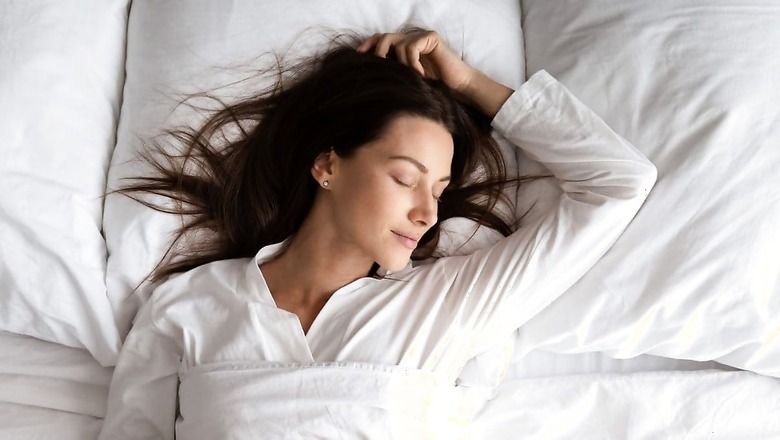
views
A good night’s sleep is just as vital to your health as regular exercise and a balanced diet. Research shows that inadequate sleep can negatively affect your cognitive abilities, mood, heart health, immune function and more. It may also elevate your risk of developing obesity and diabetes, among other health concerns. Therefore, prioritising quality sleep is one of the most important steps you can take to enhance your overall well-being.
What is Sleep Deprivation?
Sleep deprivation happens when you don’t get enough sleep or fail to achieve restful, high-quality sleep. When it becomes severe or persists over time, it can lead to disruptive symptoms that affect even the simplest daily tasks. Prolonged sleep deprivation can also worsen a range of serious health conditions.
Sleep Deprivation: Symptoms
- Falling asleep unintentionally (for example, while reading the newspaper or watching TV)
- Falling asleep quickly when heading to bed.
- Sleeping lengthy hours throughout the weekend.
- Taking short naps.
- Feeling tired or lethargic during the day, yawning frequently.
- Feeling irritable.
- Change in mood, including feeling depressed, stressed, nervous, and paranoid.
- Low motivation.
Ways To Sleep Better
Follow a sleep schedule
Aim for a maximum of eight hours of rest each night. Healthy adults should get at least seven hours of sleep. Set a consistent bedtime and wake-up time every day, including weekends, to help regulate your body’s circadian rhythm.
Be mindful of what you eat and drink
Avoid going to bed feeling either too full or too hungry. Steer clear of heavy or large meals a few hours before bedtime. Use caution with alcohol, caffeine and nicotine can disrupt sleep due to their stimulating effects, while alcohol may initially make you drowsy but can interfere with sleep later in the night.
Limit your daytime naps
Long naps during the day can disrupt nighttime sleep. Keep naps to a maximum of one hour and avoid napping late in the day. If you work nights, you might need to nap before your shift to compensate for lost sleep.
Create a peaceful setting
Ensure your bedroom is cool, dark and quiet. Evening exposure to light can hinder your ability to fall asleep, so avoid screens emitting light close to bedtime. Engaging in relaxing activities before bed, such as taking a bath or practising relaxation techniques, can help promote better sleep.

















Comments
0 comment